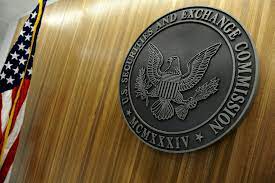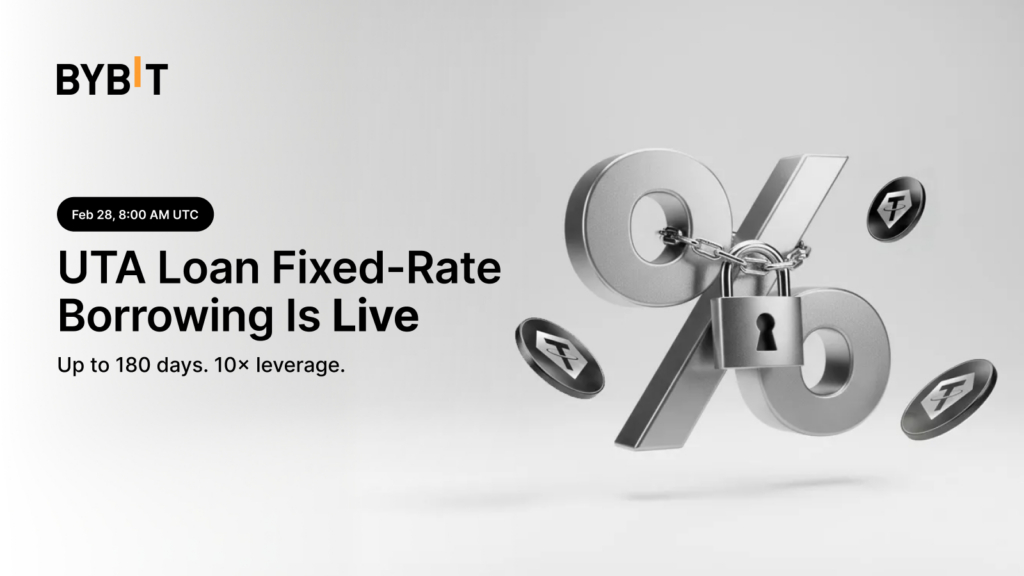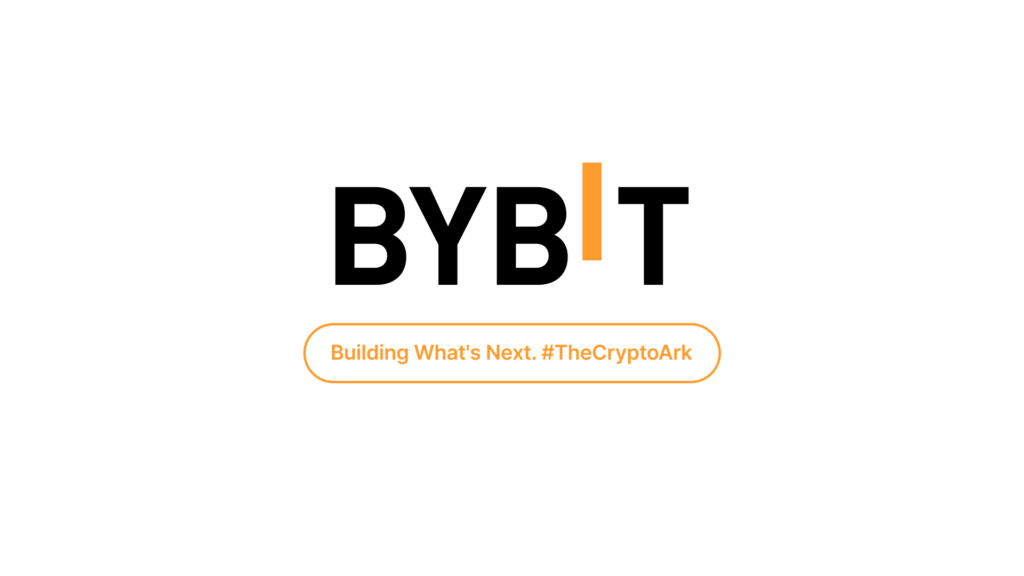Internal emails from the U.S. Securities and Exchange Commission (SEC) suggest that the regulator knew that XRP did not fully meet the definition of security.
The emails, which were filed by Ripple in court, argue that there are reasonable grounds not to consider XRP as a security because it does not satisfy the Howey test.
The Howey test is a legal framework used to determine whether an investment is a security. To meet the Howey test, an investment must meet the following criteria:
- It must be an investment of money.
- It must be in a common enterprise.
- There must be an expectation of profits to be derived from the efforts of others.
XRP does not meet the Howey test because it is not an investment of money. XRP is a digital asset that can be purchased and used for a variety of purposes, including payments, remittances, and cross-border transfers. It is not an investment in a company or other entity.
The SEC’s case against Ripple is hinged on the argument that XRP and most cryptocurrencies should be classified as securities because they meet the definition of the term under the Howey Test.
Thus, any admission by the SEC or its official that XRP does not constitute a security in its internal documents could be disastrous to its case.
The SEC has not yet commented on the emails.
Meanwhile, Ripple continues to make advancements. The company recently acquired Swiss custody firm Metaco for $250 million and confirmed that its CBDC Platform can interact with the XRP Ledger (XRPL) and XRP token.
BeInCrypto reported that XRPL saw the number of daily addresses grow by 13.9% in Q1 2023 compared to the last quarter of 2022. Daily transactions on the network also increased by 10.7%, while XRP’s price grew by 55.5%.
The SEC’s case against Ripple is ongoing, but the newly-released emails suggest that the regulator may have a difficult time proving that XRP is a security.



